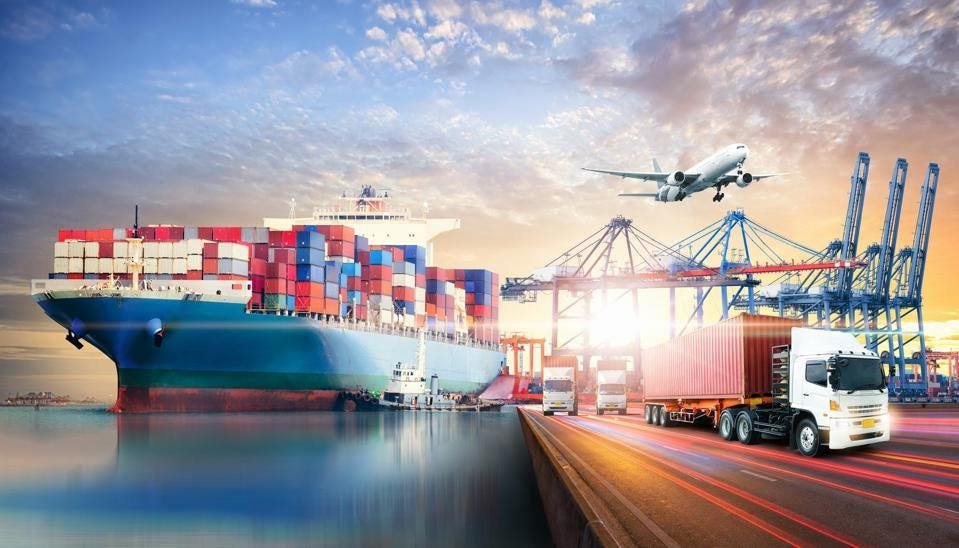In the fast-paced world of logistics, efficiency, accuracy, and speed are paramount. Thanks to advancements in artificial intelligence (AI), the logistics industry is experiencing a profound transformation. From predictive analytics to autonomous vehicles, AI is revolutionizing every aspect of logistics management. Let's explore the innovations and impact of AI in logistics.
Predictive Analytics for Smarter Decision-Making
AI-powered predictive analytics are enabling logistics companies to make smarter decisions by analyzing vast amounts of data. By leveraging machine learning algorithms, logistics firms can forecast demand, optimize inventory levels, and anticipate supply chain disruptions. This proactive approach minimizes costs, reduces delays, and enhances overall operational efficiency.
Optimized Route Planning and Delivery
Gone are the days of static route planning. AI algorithms now dynamically optimize delivery routes in real-time based on factors like traffic patterns, weather conditions, and delivery priorities. By continuously analyzing data and adapting to changing circumstances, AI-driven route optimization solutions improve delivery accuracy, reduce fuel consumption, and optimize resource utilization.
Efficient Warehouse Management
AI is revolutionizing warehouse management with advanced automation and robotics. AI-powered systems can autonomously manage inventory, optimize storage space, and automate order fulfillment processes. By leveraging technologies like robotic arms, drones, and automated guided vehicles (AGVs), warehouses can operate with unprecedented efficiency, minimizing errors and maximizing throughput.
Predictive Maintenance for Asset Optimization
Maintenance is a critical aspect of logistics operations, especially for fleets of vehicles and equipment. AI-driven predictive maintenance solutions analyze equipment data in real-time to detect anomalies and predict potential failures before they occur. By scheduling maintenance proactively, logistics companies can minimize downtime, reduce repair costs, and extend the lifespan of their assets.
Autonomous Vehicles Redefining Last-Mile Delivery
The rise of autonomous vehicles, including drones and self-driving trucks, is reshaping last-mile delivery operations. AI-powered drones can deliver packages to remote locations quickly and cost-effectively, while autonomous trucks can navigate roads safely and efficiently. These innovations promise to revolutionize the logistics landscape, reducing delivery times, lowering costs, and expanding delivery capabilities.
Enhanced Supply Chain Visibility and Transparency
AI technologies are enhancing supply chain visibility, providing real-time insights into inventory levels, shipment statuses, and delivery ETAs. By aggregating data from various sources and leveraging AI algorithms, logistics companies can gain a comprehensive view of their supply chain operations. This visibility enables proactive decision-making, risk mitigation, and improved customer service.
Conclusion: Embracing the AI Revolution
In conclusion, AI is revolutionizing thehttps://binerals.com/blog/ai-in-the-logistics-industry logistics industry, driving efficiency, innovation, and competitiveness. From predictive analytics and route optimization to autonomous vehicles and supply chain visibility, AI technologies are transforming the way goods are transported, stored, and delivered. As the AI revolution continues to unfold, logistics companies must embrace these innovations to stay ahead of the curve and meet the evolving demands of the digital economy.
